In an increasingly competitive job market, recruitment companies are continually looking for innovative tools and strategies to gain a competitive edge. One such game-changer in hiring is Salesforce, a powerful customer relationship management (CRM) platform that has revolutionized recruitment processes. Understanding Salesforce’s role in recruitment and harnessing its power can help recruitment companies streamline their operations, enhance candidate experience, and ultimately find the best talent for their clients.
Understanding Salesforce and Its Role in Recruitment
The Basics of Salesforce
Salesforce is a cloud-based CRM solution that offers a range of functionalities to help businesses manage and automate their sales, marketing, and customer service processes. With its user-friendly interface, customizable features, and extensive integration capabilities, Salesforce has become the go-to solution for many industries, including recruitment.
For recruitment companies, Salesforce provides a centralized platform to manage candidate data, track job openings, and collaborate with hiring teams. Its intuitive dashboard allows recruiters to view and update candidate information, schedule interviews, and track the progress of each hiring process.
Salesforce's Impact on Recruitment
The impact of Salesforce on recruitment goes beyond just streamlining processes. According to a survey conducted by Jobvite, 92% of recruiters reported that they use social media and CRM systems in their hiring process. With its powerful integration capabilities, Salesforce enables recruiters to seamlessly connect with popular social media platforms such as LinkedIn, effectively expanding their reach and finding candidates that match their clients’ requirements.
Moreover, Salesforce’s robust reporting and analytics tools provide recruitment companies with valuable insights into their hiring processes. By analyzing recruitment metrics such as time-to-fill, cost-per-hire, and applicant-to-hire ratio, recruiters can identify areas for improvement and make data-driven decisions to optimize their hiring strategies.
One of the key features that sets Salesforce apart from other CRM solutions is its ability to automate repetitive tasks in the recruitment process. Recruiters can create customized workflows and automate actions such as sending follow-up emails, scheduling interviews, and updating candidate statuses. This not only saves time but also ensures consistency and efficiency in the hiring process.
Furthermore, Salesforce’s integration capabilities extend beyond social media platforms. It can also integrate with popular job boards and applicant tracking systems, allowing recruiters to seamlessly import candidate data and streamline the sourcing and screening process. This integration eliminates the need for manual data entry and reduces the chances of errors, enabling recruiters to focus on building relationships with candidates and making informed hiring decisions.
The Power of Salesforce for Recruitment Companies
Streamlining Recruitment Processes
Recruitment companies often face the challenge of managing large volumes of candidate data and ensuring efficient communication between recruiters, hiring managers, and candidates. Salesforce’s CRM capabilities simplify this process by providing a centralized repository for candidate information, allowing recruiters to easily track candidate interactions, notes, and application status.

By automating repetitive tasks such as resume parsing, candidate screening, and interview scheduling, Salesforce helps recruiters free up valuable time, enabling them to focus on building meaningful relationships with candidates and providing a personalized experience throughout the hiring journey.
Add Your Heading Text Here
In today’s candidate-centric job market, providing a positive candidate experience is crucial for recruitment companies. Salesforce’s CRM for candidate management empowers recruiters to create customized communication templates, send personalized messages, and track candidate engagement.
Furthermore, Salesforce’s integration with email and calendar platforms ensures seamless communication and scheduling, eliminating the need for manual data entry and reducing the chances of scheduling conflicts or missed communications. This level of efficiency and personalization enhances the overall candidate experience, increasing the likelihood of successful placements and positive referrals.
Key Salesforce Features Beneficial for Recruitment
Salesforce CRM for Candidate Management
The Salesforce CRM for candidate management provides recruitment companies with a comprehensive view of each candidate, consolidating all relevant information such as resumes, interview feedback, and communications in one place. Recruiters can easily search and filter candidates based on specific criteria, ensuring they find the best match for their clients.
With the Salesforce CRM, recruiters can also track the entire candidate journey, from initial application to job offer acceptance. This visibility allows for effective collaboration between recruiters and hiring managers, ensuring a seamless hiring process and reducing the time-to-fill metric.
Salesforce Analytics for Recruitment Metrics
Measuring recruitment success is essential for continuous improvement. Salesforce’s analytics tools enable recruitment companies to generate custom reports and dashboards, providing valuable insights into their hiring performance and identifying trends and patterns.
Recruiters can track metrics such as source effectiveness, application-to-interview conversion rate, and candidate satisfaction scores. These metrics help evaluate the effectiveness of sourcing strategies, identify bottlenecks in the hiring process, and make data-driven decisions to optimize recruitment efforts.
Implementing Salesforce in Your Recruitment Strategy
Steps to Salesforce Integration
Integrating Salesforce into a recruitment company’s existing infrastructure may initially seem daunting, but with the right approach, it can be a smooth and efficient process. Here are some key steps to consider when implementing Salesforce:

- Identify recruitment process pain points and specific goals for Salesforce implementation.
- Customize Salesforce to meet your company’s unique requirements, workflows, and branding.
- Migrate and clean candidate data from existing systems, ensuring data integrity and confidentiality.
- Train recruiters and hiring managers on Salesforce functionality and best practices.
- Encourage adoption and provide ongoing support to ensure a successful integration.
Training Staff for Salesforce Adoption
A successful Salesforce implementation heavily relies on user adoption. Providing comprehensive training to recruiters and hiring managers is crucial in leveraging the full potential of Salesforce for recruitment.
Training sessions should cover essential Salesforce functionalities, report generation, and best practices for candidate management. Offering ongoing training and support ensures that staff are equipped with the necessary skills and knowledge to maximize the benefits of Salesforce in their daily recruitment activities.
Measuring the Success of Salesforce in Recruitment
Key Performance Indicators
Measuring the success of Salesforce in recruitment can be done by monitoring key performance indicators (KPIs) that reflect the overall efficiency and effectiveness of the hiring process. Some essential KPIs to consider include:

- Time-to-fill: Measures the time it takes to fill a job opening from the initial posting to the candidate accepting the offer.
- Cost-per-hire: Calculates the average cost incurred to make a single hire, including recruitment advertising, agency fees, and internal resources.
- Quality of hire: Assesses the performance and success of candidates placed, usually measured through performance reviews or on-the-job evaluations.
By regularly tracking these metrics and comparing them against industry benchmarks, recruitment companies can evaluate their Salesforce implementation’s impact and make informed decisions to drive continuous improvement in their hiring processes.
Continuous Improvement with Salesforce
Salesforce’s flexibility and continuous innovation make it a dynamic tool for recruitment companies. Regularly reviewing recruitment metrics, gathering feedback from recruiters and hiring managers, and staying informed about Salesforce updates and new features contribute to ongoing improvements in hiring processes.
Applying lessons learned from data analysis, implementing feedback, and leveraging new Salesforce functionalities can help further optimize recruitment strategies, resulting in faster hiring cycles, improved candidate quality, and increased client satisfaction.
In Summary
Leveraging Salesforce as a recruitment company can be a game-changer in hiring. By understanding Salesforce’s role in recruitment, harnessing its power to streamline processes, enhancing candidate experience, and utilizing key features such as CRM and analytics, recruitment companies can effectively find and place candidates that meet their clients’ needs.
Implementing Salesforce requires careful planning, training, and ongoing evaluation of key performance indicators to measure success and drive continuous improvement. Embracing Salesforce as a strategic tool can transform recruitment operations, improve hiring outcomes, and set recruitment companies apart in a competitive talent market.
Ready to transform your recruitment strategy with the power of Salesforce? Future Pulse is your expert partner, poised to guide you through every step of the process. From custom Salesforce solutions to seamless data migration and beyond, our team at Future Pulse specializes in elevating your hiring game. Don’t let outdated systems hold you back. Contact us today and unlock the full potential of Salesforce for your recruitment company, ensuring you stay ahead in the competitive talent market.




